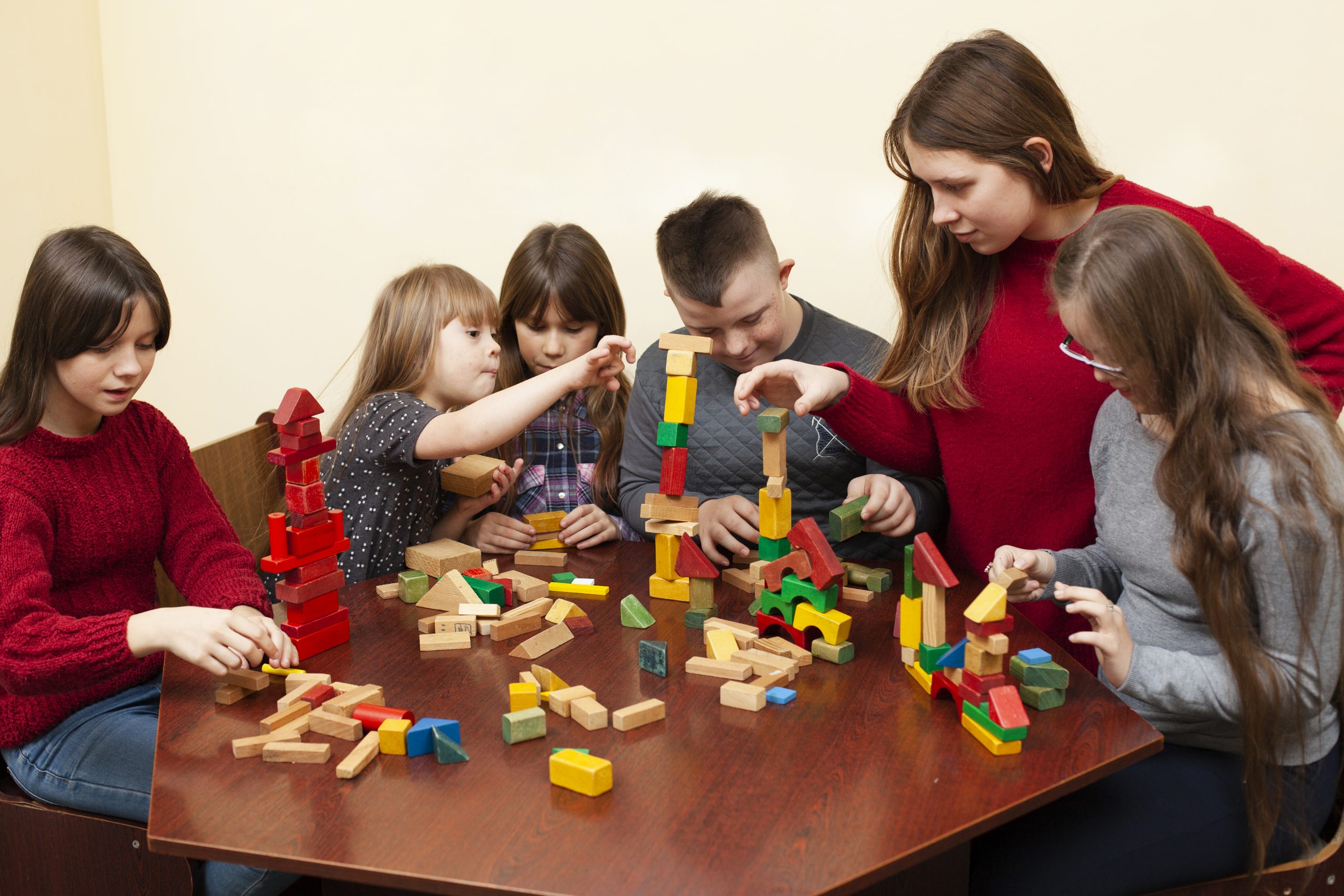Are you new to the role of an SEN worker in a school? This blog will provide you with an overview of what is expected of you and the responsibilities you will have as an SEN worker.
Building a Foundation of Child Protection:
Child protection is a crucial aspect of your role as an SEN worker. You will receive training that will help you identify signs of abuse and respond appropriately. You will also collaborate closely with the designated safeguarding lead in your school. By establishing a strong foundation in child protection, you will become skilled at detecting early signs of harm or neglect among the children in your care.
Recognising and Reporting Concerns:
As an SEN worker, you will have a unique understanding of the children’s daily interactions, behaviours, and experiences within the school. This knowledge will enable you to keenly observe any changes or indications that may raise concerns. It is essential to report any concerns promptly and accurately to parents, professionals, and even the child themselves. Keeping detailed records of events will help establish patterns of concern and ensure appropriate interventions are in place to safeguard the child’s well-being.
Supporting Families:
Your role as an SEN worker extends beyond the classroom. Many parents and caregivers of children with special educational needs face unique challenges and increased demands. You will actively support these families in providing appropriate care at home. Balancing understanding for parents’ frustrations while maintaining a child-centered approach is crucial. When you notice potential inadequate care or neglect, initiating non-confrontational conversations with parents can help you understand the situation better. You may also need to complete assessments like the Common Assessment Framework (CAF) and provide referrals to ensure families receive the necessary support.
Empowering and Involving Pupils:
Empowering children with special needs to understand self-care and safety is incredibly important. You will play a vital role in educating them about personal boundaries, privacy, and identifying hurtful behaviours. Communication difficulties may make it challenging for children to disclose abuse, so you will need to pay attention to changes in their behaviour as potential indicators of distress or trauma. By providing guidance and support, you will help students develop self-advocacy skills and create a safe and inclusive learning environment.
Understanding Unique Risks:
Children with additional needs may face unique risks, especially during their time at school. They may struggle to recognise social cues and have a strong desire to please others, making them more vulnerable to exploitation. It will be your responsibility to understand and address these specific risks. Providing specialised support and guidance will ensure the safety and well-being of these vulnerable students within the school environment.
Disclosure and Barring Service
Another crucial aspect of your role as an SEN worker is ensuring the safety and security of the children in your care. To maintain a safe environment, it is essential to conduct Disclosure and Barring Service (DBS) checks for all staff members and volunteers who work closely with children. As an SEN worker, you will need to familiarize yourself with the DBS process to ensure that all individuals involved in working with students, such as teachers, teaching assistants, and volunteers, have undergone the necessary checks. It is vital to maintain accurate records of these checks and ensure they are up to date though the DBS update service.
DBS checks contribute to creating a safe and secure environment for all students, reducing the risk of harm, and protecting their well-being.
Don’t forget, safeguarding is a shared responsibility, and by being vigilant, proactive, and informed, you can make a significant impact on the lives of the children you support as an SEN worker allowing you to contribute significantly to creating a safe and nurturing environment for all students. Remember that Active SEN prioritises finding dedicated professionals like you who are committed to safeguarding and enhancing the lives of children with special educational needs in schools.



